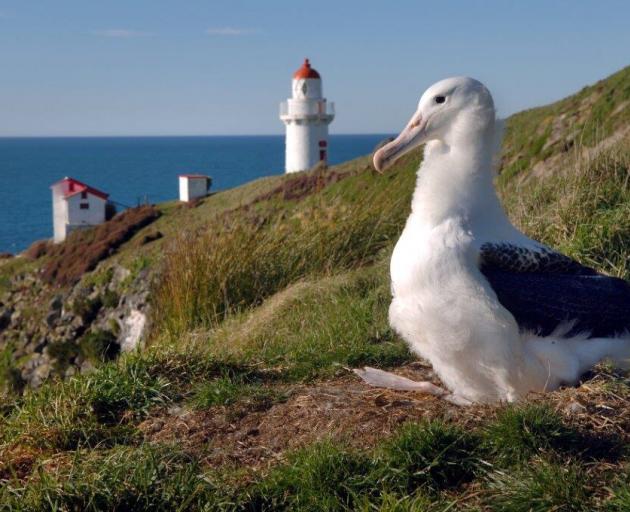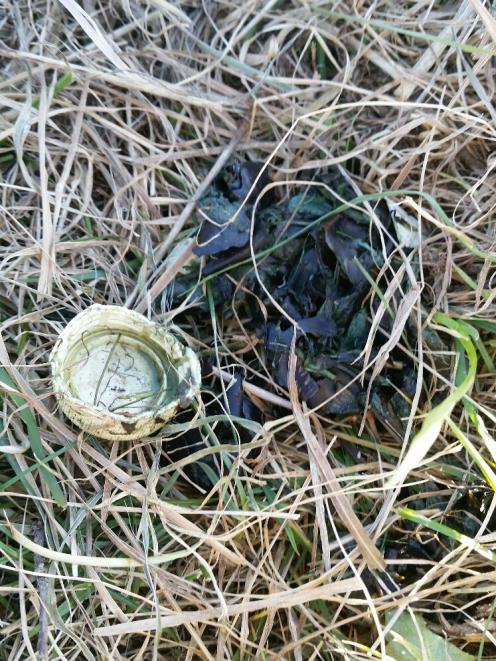
Serious concerns have been raised over the fate of albatross chicks at Taiaroa Head, as plastic is regularly being found in their food.

Eight out of nine regurgitations collected from the chicks this season contained plastic fed to them by their parents, Department of Conservation ranger Jim Watts said.
Albatross chicks naturally regurgitated indigestible material, such as squid beaks, and this was where the plastic was being found.
Most of the time, small plastic fragments up to 5cm wide were discovered but everyday items such as plastic bottle caps were also being found, Mr Watts said.
Royal Albatross Centre education co-ordinator Chris McCormack said it was particularly harmful because the albatross could not digest the plastic and thought they were full when, in fact, they were slowly starving.
Chicks were also more at risk from toxins than adult birds.
Albatross deaths caused by eating plastic had been reported in the northern hemisphere but so far none had surfaced in New Zealand.
However, Mr McCormack warned it was a serious possibility because of the huge volume of plastic in the ocean.
Every month he collected up to 5kg of plastic rubbish at Pilots Beach, below the albatross sanctuary.
The Royal Albatross Centre worked closely with Doc to monitor birds and remove plastic from the areas they were located but it was "really out of our hands''.
Mr McCormack said education about plastic was one of the main tools to save albatrosses.
School children were being taught to look in their lunchboxes and recognise all the plastic they used in day-to-day life that could end up in the ocean.
The Taiaroa Head colony is home to more than 250 albatrosses who, once mature, breed every two years. In 2016, 151 birds returned - including a record 17 returning for the first time.
There were 36 nests with eggs and 25 chicks hatched.
Otago Peninsula Trust chief executive Robyn Mcdonald warned the plastic was a threat not only to birdlife but also to Otago Peninsula's reputation as wildlife capital of New Zealand.
ELLA.STOKES @thestar.co.nz












